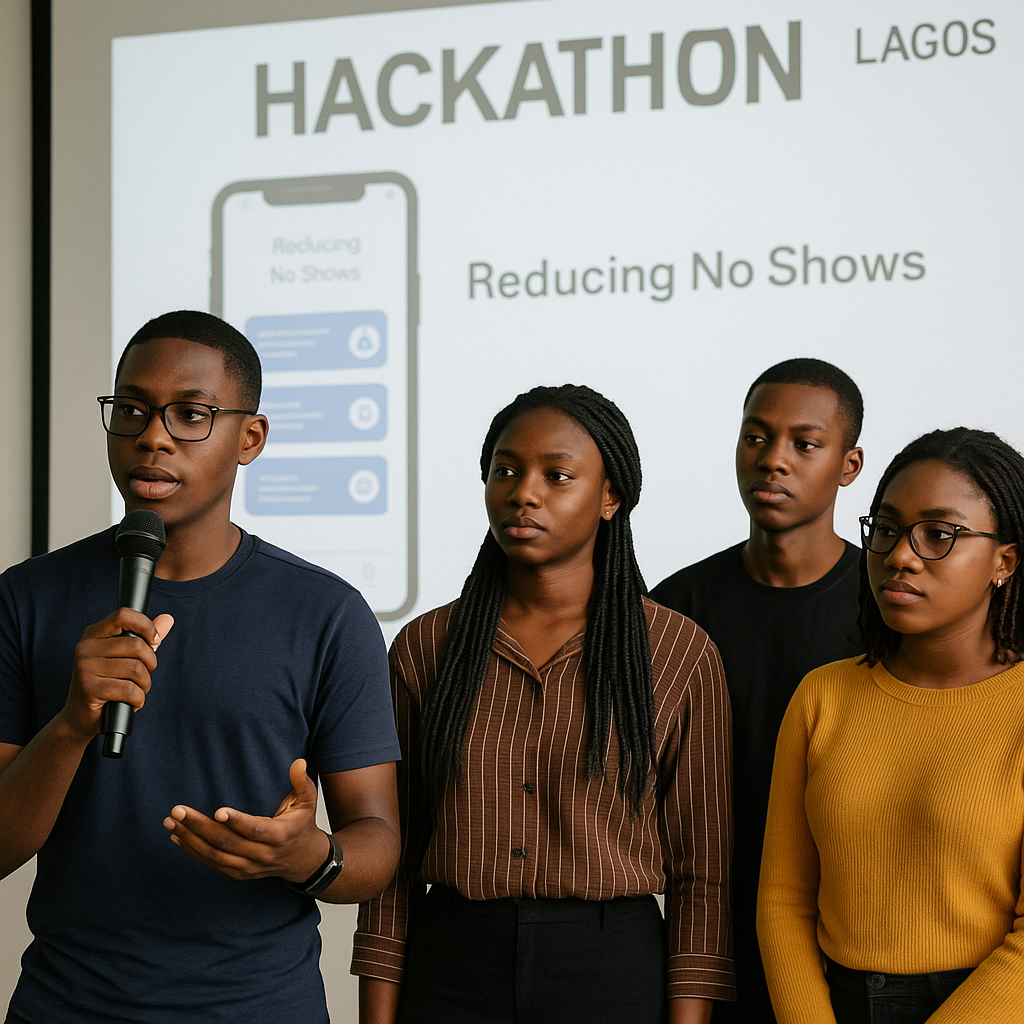In the crowded streets of Lagos, where the buzz of traffic competes with the hum of ambition, a quiet revolution is taking place. It’s not led by politicians or policymakers. It’s powered by laptops, coding bootcamps, and a generation of young Nigerians who are tired of waiting for the system to work.
From pop-up co-working spaces in Yaba to online hackathons streamed over patchy Wi-Fi, Nigeria’s youth are taking their future into their own hands—one app, one pitch, one start-up at a time.
No Jobs? Create One.
At just 22, Adaeze Chukwu is already the CEO of a growing fintech start-up helping market traders save and borrow money using only their mobile phones. She started learning to code on YouTube during the COVID-19 lockdown.
“I couldn’t just sit at home hoping a job would fall from the sky,” she says. “So I started building something with what I had—my laptop and an internet bundle.”
Her story is far from unique. Faced with an unemployment rate that hovers above 30% for youth, many Nigerians are ditching the traditional job hunt for the digital hustle. And they’re not just making ends meet—they’re making waves.
The Hackathon Generation
Every weekend, across major cities like Lagos, Abuja, and Port Harcourt, young people are gathering for hackathons—tech competitions where teams race against time to build solutions to real-world problems. From healthcare to agriculture, no sector is off-limits.
Samuel Eze, 26, who won a major hackathon last year, says the atmosphere is electric.
“You walk into these rooms and it’s like you’re in Silicon Valley,” he says. “Except the light might go off mid-pitch because NEPA has taken the light. Still, we move.”
What these young developers lack in infrastructure, they make up for in grit and creativity. Many are self-taught, leaning on online platforms like Coursera, Udemy, and free coding forums. Others pool resources to attend bootcamps or invest in shared internet plans.
Government on the Sidelines
While the government has launched some digital economy initiatives, many young tech entrepreneurs say they’ve had little impact on the ground.
“If we waited for government support, we’d still be sitting in our parents’ parlours doing nothing,” says Jennifer Musa, who co-founded a health-tech platform linking patients to doctors via WhatsApp.
Most start-ups rely on peer networks, international grants, or angel investors from the diaspora. Some find funding through pitch competitions hosted by NGOs or foreign tech incubators.
“The Nigerian government is not our first stop—or even our tenth,” says Jennifer. “We’ve learned to build without them.”
From Side Hustle to Start-Up
For many, the journey into tech started as a side hustle—building websites, fixing computers, managing social media pages for local businesses. But for those with vision, the hustle became a business.
Chinedu Okafor, who used to hawk phone accessories at Computer Village, now runs a tech repair company with five employees.
“Tech gave me a way out,” he says. “I didn’t need to travel abroad. I just needed data and determination.”
The Future is Already Here
Despite the challenges—erratic power supply, poor funding, and limited government support—Nigeria’s young tech scene is thriving. Companies like Paystack, Flutterwave, and PiggyVest, once started by ambitious youths, are now global names.
Young people like Adaeze, Samuel, and Jennifer are not just building apps—they’re building a future. A future that doesn’t wait for permission or policy.
As Adaeze puts it: “We’re not just hustling anymore. We’re hacking our way forward.”





